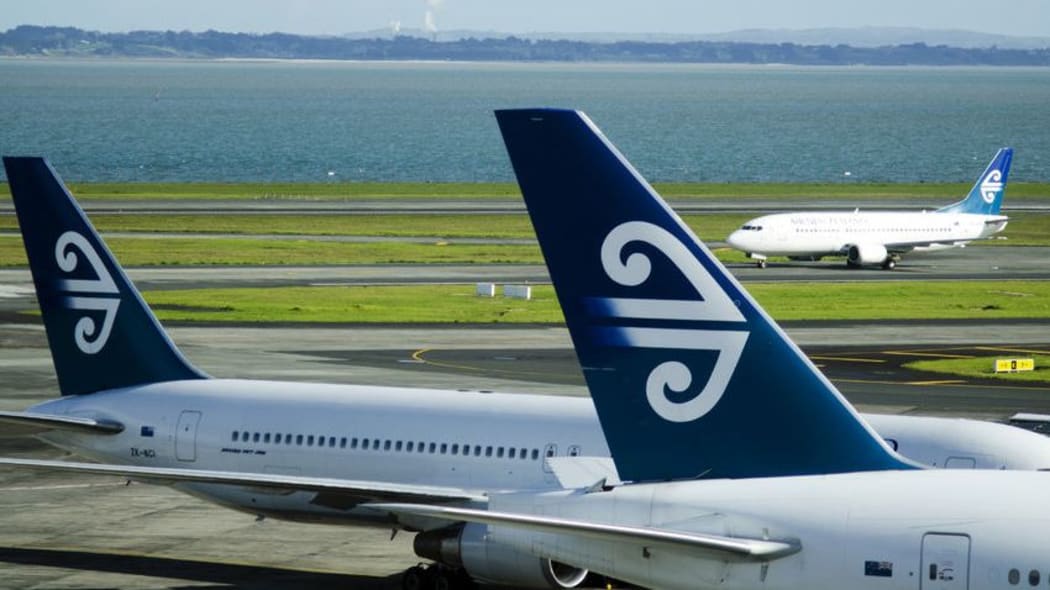A spate of online scams plaguing New Zealanders over the holiday period are catching out even the savviest of web users.

Scammers have been using fake a Air New Zealand website popup to trick people into giving away their personal information. Photo: 123RF
Scams involving well-known companies including Air New Zealand, Airbnb and Whittaker's chocolate have all sprung up in the past few weeks.
Monica Leach thought she was in the running for a free holiday after a pop-up website she believed to be from Air New Zealand promised free airlines tickets in return for filling out a short survey.
She said the website looked legitimate and at the time had no idea it was a scam.
"When I saw it, I thought 'wow', so I clicked and put all my contact details in there and then an hour later I saw other comments on Facebook saying it's a scam.
"Now I feel so much like an idiot, it looked so real, so I received a few e-mails and I blocked these.
"You need to be so careful."
Ms Leach was not asked to provide bank details or pay any money to the Air NZ scam, just provide some personal details.
Netsafe director of technology Sean Lyons said many people believed they were too smart to be scammed, and while some were savvier than others scammers were great at seizing the moment.
"They can catch you in the middle of a hectic, busy or difficult time in your life, and then you're suddenly thinking 'what have I got to lose, I'll take a chance', or 'I'm just really busy and I've got a bank-account with that bank and I don't want to lose access to my online banking'.
"They are part of the opportunistic nature of online scams.
"Even those of use who are online savvy can fall for them"
Mr Lyons said scams involving activities normally done over the summer were common at the moment.
"Think about the Airbnb or ... Air NZ. At a time when in New Zealand we are travelling around the country, we are staying in holiday locations, it's then that those scams can often seem more attractive or can seem more real."
Consumer Protection manager Mark Hollingsworth said scams also seemed more real when fronted by a trusted brand, like Air New Zealand.
"The scam itself tends to be the same, which is using a trusted brand to trick people into giving away their personal information or making a direct payment,
"And it can be online, [or] over the phone, it's just about a trusted brand [and] trying to trick consumers."
Mr Hollingsworth said even the most harmless-looking scams need to be treated with caution, and providing a small amount of personal information could still put you at risk.
"Personal information when it's added up can be used to do an enormous amount ... apply for credit fraudulently," he said.
"If you can give one piece of personal information many times to a scammer through many channels they can build up quite a personal profile of you."
Both Netsafe and Consumer Protection said it was best to contact a company directly to check if the offer was theirs, and if it looked to good to be true, it probably was.







